Matthew Kukah, bishop of the Catholic diocese of Sokoto, believes effective communication is the greatest problem of the President Muhammadu Buhari-led administration.
Speaking to Christian Science Monitor during a recent visit to the US, Kukah highlighted some of the challenges of the country.
He said the 1990 coup has shown that Nigerians prefer to live as one, saying there should be no reason whatsoever to fan the embers of discord.
“I think the greatest problem the government has is in its inability to effectively communicate with citizens,” he said.
Advertisement
“For me, it would be to say, ‘Look, first of all we are happy we’re in a democracy, we will make mistakes’. ‘We are not going to work miracles. ‘This is how we hope to get to where we want to get to.’ ‘My view is that … ‘Now Boko Haram is behind us, … can we now rebuild our country?’
“There were those who were very skeptical about [Buhari’s] ability to develop an integral programme that would hold Christians and Muslims together.
“The beauty of Nigeria is that in 1990 there was a coup attempt, and the only reason the coup did not succeed was because those who organised the coup said they were going to cut off the 12 states of the north and suspend them from Nigeria.
Advertisement
“The Nigerian people said ‘no, we don’t want to be separated’. This was 20 years after we had fought a civil war to keep our country one. So, there is absolutely no doubt that everyone in Nigeria wants a united Nigeria.”
On insurgency, Kukah said it was more important to trace the root cause of the problem than concentrating on the menace created by Boko Haram.
He said the insurgents drew strength from the alleged indiscrimination against Christians in the north.
The bishop added that it was not enough to restrain the group from seizing territories, but focusing on the aftermath of the crisis they created.
Advertisement
“Everywhere you turn everybody’s talking about Boko Haram, which is important, but I think it’s only important in relation to a long history of activities,” he said.
“The unfortunate thing is that people are not asking the question, where did Boko Haram come from? What really created the conditions for it? I think it’s important to understand that in relation to the larger issues that have brought us to where we are today.
“You have the suspicion within the Muslim community that has always tried to equate Western education with Christianity, which is what Boko Haram has capitalised on. So you have some of that subtext. But if you look at Boko Haram, it is also based on the fact that the way the state has treated Christianity predisposed Boko Haram to exploit that narrative.
“If you are refusing to give Christians land to build churches; if you are refusing to give Christians land to build schools; if you are refusing to allow Christian religious education to be taught in schools; if you are denying Christians access to the media commensurate to what you are giving Muslims, what you’re really saying is that these people are second-class citizens and that their religion is merely being tolerated.
Advertisement
“Their {Boko Haram} ability to control Nigerian territory has been severely constrained, but as you know the end of the war is the easy part. It is what happens the day after that becomes very difficult to deal with. The next thing now is the millions of people who have been displaced in the last four years or so. Now it requires more than just goodwill to take people back. These guys are spread across the length and breadth of northern Nigeria. They need to bring these bring people back to their homes, to bring them back to their farms, because 95 percent of these people are farmers. It’s most likely that Boko Haram has planted landmines and all kinds of things so getting people back to work and so on [is difficult].”
Advertisement
2 comments
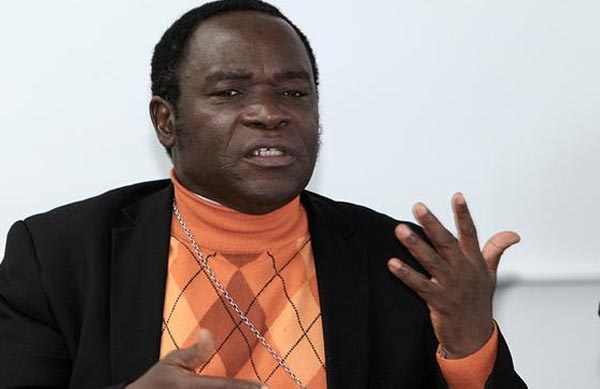
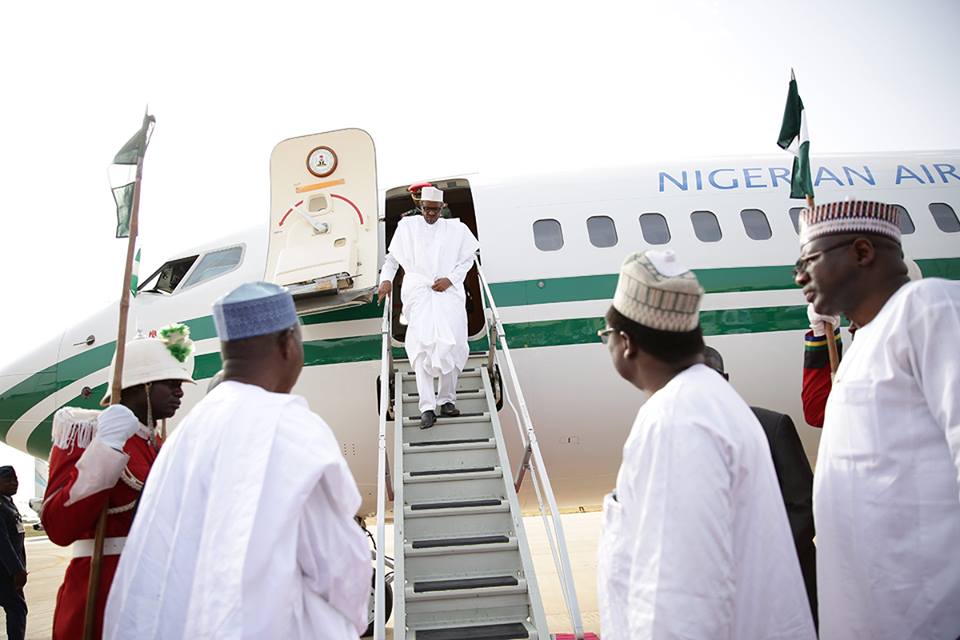
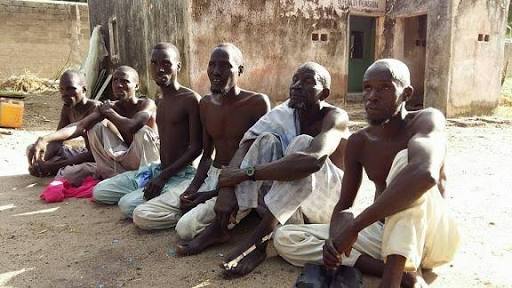

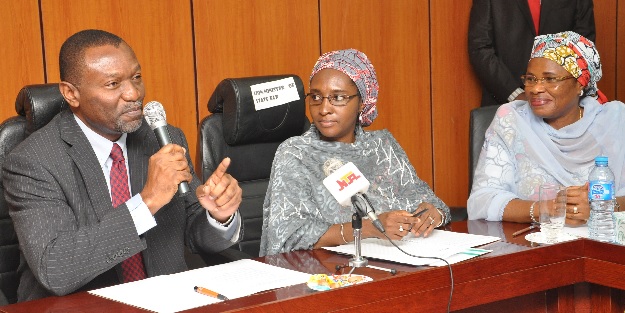

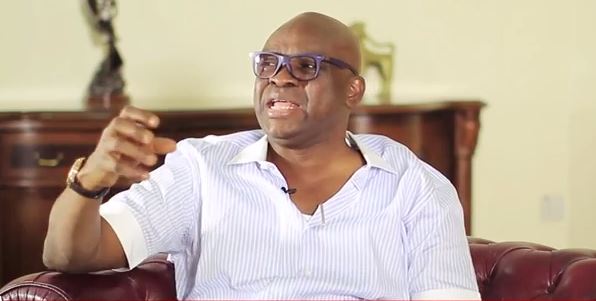
When will our spiritual leaders stop lying through their teeth.Whilst l am neutral as to having 1 Nigeria or not>Mr Kutah has seriously erred in his comments>Is the army who facedup with the coup plotters representing Nigerian populace interest or personal>This man should concentrate on church matters and leave politics to a political elders
Hmmmnnn Bishop Kukah – always fighting for space. This analysis is not smelling of roses to me.